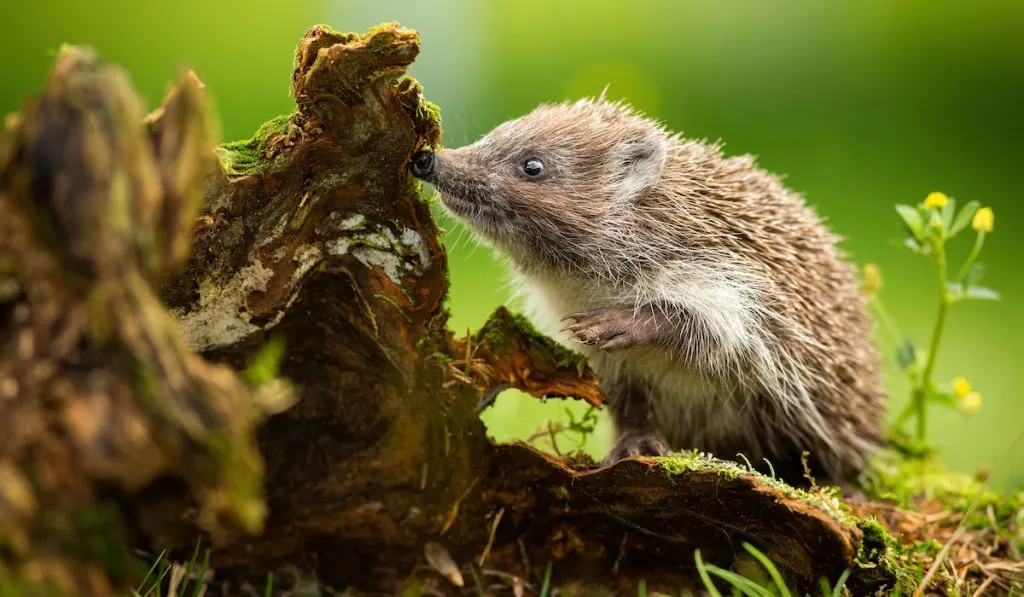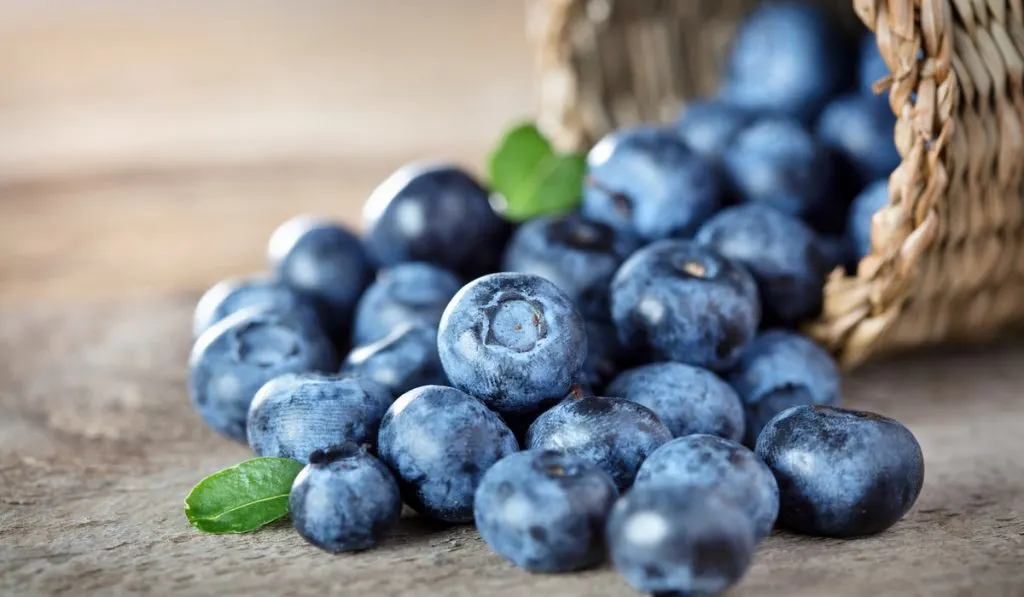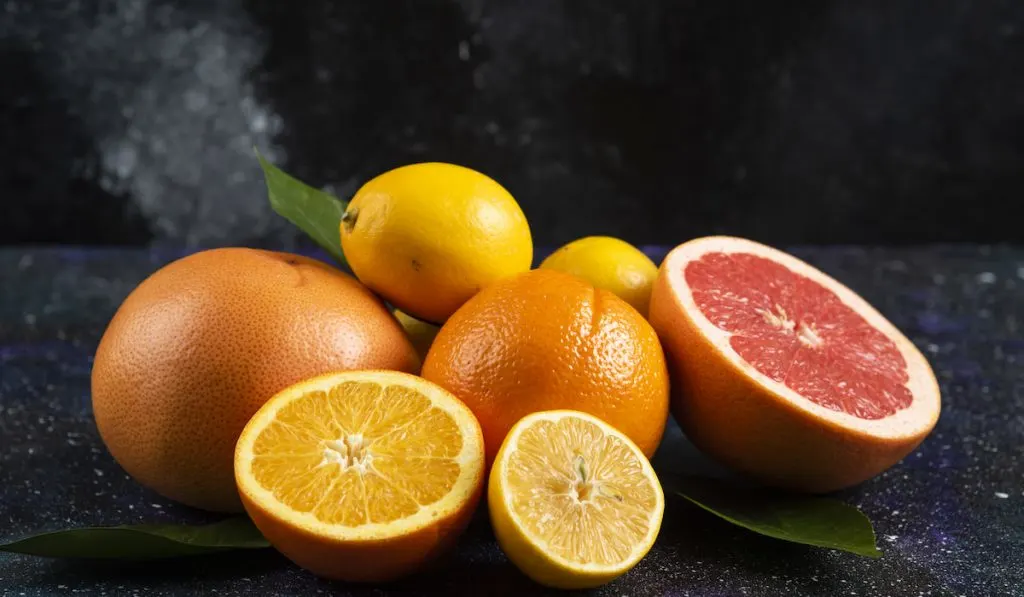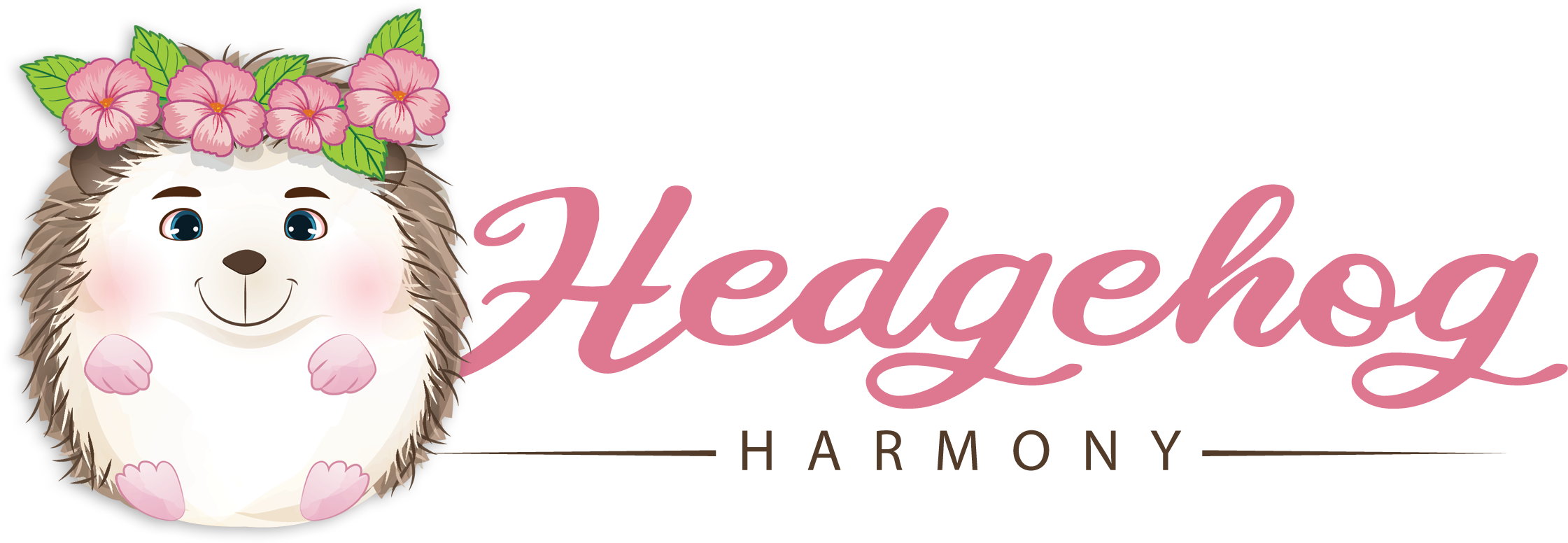If you have a hedgehog as a pet you could be wondering about what foods they should eat and what they should avoid. There are several fruits hedgehogs can eat and there are some that you should completely avoid giving to your hedgehog.
This article will help you understand if it is safe to feed your pet hedgie some blueberries.
Can hedgehogs eat blueberries? Yes, hedgehogs can eat blueberries.

Veterinarians and animal nutritionists have classified them as safe. Thus, hedgehogs can eat them. Although hedgehogs like eating blueberries, they should only eat them in moderation.
You should not give dried blueberries to hedgehogs as they are a choking hazard. You should give them fresh raw blueberries as they are easier to chew.
Remember to always remove the skin from blueberries. This is because hedgehogs can’t eat the skin.
Nutrition facts as per 1 cup(148g) of raw blueberries:
- Calories: 84%
- Fat: 0.5g
- Sodium: 1.5mg
- Carbohydrates: 21g
- Fiber: 3.6g
- Sugars: 15g
- Proteins: 1g
- Vitamin C: 14.4mg
Vitamin C
Vitamin C also called ascorbic acid, is essential for cell repair. It is vital for body tissue development. It also helps in growth and wound healing.
Vitamin C helps in maintaining bones and teeth as well absorption of iron. It also helps in the formation of collagen. Vitamin C is good for hedgehogs.
Sugars
Carbohydrates do breakdown into simple sugars. These sugars are then absorbed into the bloodstream where it triggers insulin production. The insulin then helps move the sugar from the blood to the cells where they are stored as an energy source.
Fiber
Fiber aids with digestion by helping with the movement of materials in the digestive tract. Your hedgehog will be less likely to have constipation as blueberries contain fiber.
Proteins
Proteins are the body’s building blocks and are essential to repair and build tissues. Proteins also help fight infections and extra protein is used for energy in the body.
Carbohydrates
This is the body’s main source of energy. Blueberries have carbohydrates which your hedgehog will turn to energy after eating.
Fats
Fats help in the absorption of some vitamins. They are also a source of energy. The stored fats in hedgehogs help them hibernate.
Sodium
Sodium helps in maintaining cell fluids and blood volume. It is an electrolyte that balances the body. It handles how the muscles and nerves work.

Benefits of blueberries to hedgehogs
Vegetables and fruits are important to hedgehogs as they are a good source of dietary fiber. This helps hedgehogs to digest foods.
Blueberries also have carbohydrates so they are good for hedgehogs. Blueberries have small amounts of vitamin C and B6. Blueberries also have high levels of antioxidants.
Disadvantages of blueberries
Are there risks in feeding blueberries to hedgehogs? Yes, blueberries are to be given in moderation as they contain sugar. This means that you should give them to hedgehogs as treats rather than as a main meal.
This sugar found in blueberries causes dental and gum problems for the hedgehogs. You wouldn’t want your pet hedgehog to suffer from dental problems. To prevent this, you can give them two or three blueberries a week but not more.
Sugars contained in blueberries cause obesity in hedgehogs. Pet hedgehogs don’t get to exercise as often as they would in the wild.
This is because they don’t burrow in the ground as they would have to while living free in nature. They also don’t walk as much. This can lead to fatty liver disease in hedgehogs.
It is wise to monitor a hedgehog’s sugar consumption. 100g of blueberries contains 9.96 grams of sugar. It is wise to feed blueberries to your hedgehog in moderation.
Blueberries contain more phosphorus than calcium. This hinders the absorption of calcium in the body. The recommended ratio of calcium to phosphorus should be 1:1 or 2:1.
Calcium should be more than phosphorus in the food you feed your hedgehog. Calcium is beneficial as it strengthens the bones and teeth in animals. Lack of it causes metabolic bone disease (MBD)
Preparing blueberries to feed your pet hedgehog
Look for fresh organic blueberries. As we have seen, they are safer than dried blueberries. Dried blueberries are a choking hazard to hedgehogs.
Wash them with clean water. This is to make sure that you rid the blueberry of harmful toxins. These are herbicides and insecticides that could be present in the blueberries.
Remove the skin from the blueberries: Hedgehogs can’t eat blueberries with their skin. Removing the skin will help the hedgehogs to eat the blueberries.
Cut the blueberry into pieces: This is to make it easy for the hedgehog to eat them.
Serve them in a bowl: Serve your pet hedgehog the blueberries in a clean bowl as it is hygienic.
A hedgehog’s diet and nutrition facts (general facts)
Hedgehogs have a very simple digestive tract. This means they can’t absorb some foods as well as other animals can.
Hedgehogs are insectivorous. They eat worms, slugs, caterpillars, beetles, and millipedes. Most hedgehogs eat cat food as it has a similar composition to the diet of a wild hedgehog.
Choose cat food that has a high protein percentage and a low-fat percentage for your hedgehog. Whether it is cat food or hedgehog food, check the label to make sure it is a quality feed for your hedgehog.

What not to feed your hedgehog
Avoid giving acidic foods to your hedgehogs. They cause mouth sores and digestive discomfort. Some of these acidic foods are citrus fruits such as oranges, lemons, and grapefruits.
Some foods like dried fruits, nuts, and seeds can be a choking hazard to hedgehogs. They should not be given to hedgehogs as a rule but can be served in other forms, for example as a puree.
Garlic, onions, grapes, raisins, and avocados are toxic. They should not be given to hedgehogs. These foods are found to be toxic to most animals.
They are not recommended for hedgehogs. As much as you would want to, don’t feed chocolate or any junk food to hedgehogs. They are toxic and they add no nutritional value.
Hedgehogs don’t have a cecum. A cecum contains symbiotic bacteria. This bacteria helps in the digestion of plant matter (cellulose).
The lack of a cecum makes it hard for them to digest cellulose. Feeding hedgehogs fruits and veggies will cause them pain, discomfort, and bowel blockage if done too much.
Hedgehogs are opportunistic feeders. This means they can eat most foods. Despite that, we should always keep in mind that their primary foods are insects. They don’t have a complex stomach to eat most of the foods other animals eat.
In conclusion
Yes, hedgehogs can eat one to three blueberries a week but not more. Always remove the skin from the blueberries before cutting and feeding them to your hedgehog.
Do not overfeed your hedgehogs with blueberries. This will make them have dental problems, and cause obesity, which leads to fatty liver disease.
Resources
- https://www.verywellfit.com/blueberries-nutrition-facts-calories-and-health-benefits-4109926
- https://www.exoticdirect.co.uk/news/what-can-pygmy-hedgehogs-eat-best-diet-your-pet-hedgehog
- https://pocketpetsforever.com/can-hedgehogs-eat-blueberries/#can-hedgehogs-eat-blueberries-a-closer-look
- https://www.hedgehogstreet.org/about-hedgehogs/diet
- https://www.woodlandtrust.org.uk/blog/2019/07/what-hedgehogs-eat/
- https://www.healthline.com/nutrition/foods/blueberries
